The Food Standards Agency could be given statutory powers to require retailers and suppliers to carry out quality tests on their products, the government has said.
A report into the horsemeat scandal by the Environment, Food and Rural Affairs (Efra) committee, published earlier this year, called on the government to give the FSA power to require those in the food industry to test products to ensure they comply with food standards regulations.
In its response to the report, the government said today: “The committee has raised a valid question on establishing statutory powers for the FSA to enable it to require food industry testing to check compliance with food standards regulations. The government will reflect on this recommendation in the context of the existing regulatory framework and as part of the consideration of the lessons learned.”
‘Flat-footed’ response
However, the government sharply rejected suggestions in Efra’s report its response to ‘Horsegate’ was “flat-footed” and “inadequate”, or that there was a lack of clarity about different government agencies’ role in dealing with the scandal.
“The government will reflect on this recommendation in the context of the existing regulatory framework and as part of the consideration of the lessons learned”
Government
Although the Food Standards Agency’s remit changed to focus purely on food safety in 2010 – with Defra looking after food composition and labelling, and the Department of Health looking after health claims and nutrition – all three agencies worked closely together, and the FSA had acted “decisively” in responding to the horsemeat fiasco, the government said.
“The FSA took the lead, responding quickly and decisively when alerted by the Food Safety Authority of Ireland of its findings, initiating investigations into the supply chain, working with colleagues across government, the devolved administrations, local authorities and with its European counterparts. The FSA has been working with UK and European police authorities and the UK was the first to submit a dossier to Europol,” it said.
It had also co-ordinated an unprecedented DNA testing programme, and carried out risk-based audits of slaughterhouses, cold stores and meat plants, the government said. “Where there has been evidence of wrongdoing, action has been taken at a number of UK premises, arrests have been made and investigations continue.”
Meanwhile, Defra Secretary of State Owen Paterson had been “at the forefront” of pushing for cross-border co-operation in Brussels, securing an “immediate, Europe-wide programme of testing of beef products as well as rapid sharing of information and intelligence on food authenticity issues”.
Efra also urged the government to ban imports from any EU member state found to be a source of mislabelled horsemeat, but the government said a ban could only be introduced if there was a serious risk to human health. “At the moment, there is no evidence that any of the horsemeat in beef products is a risk to human health,” it added.







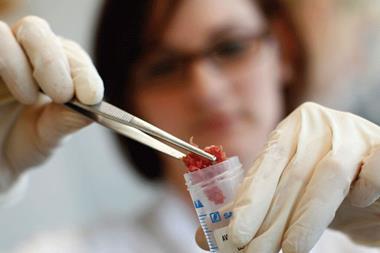

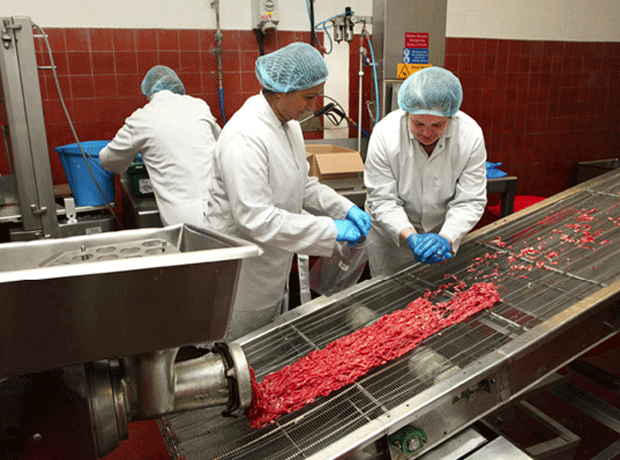
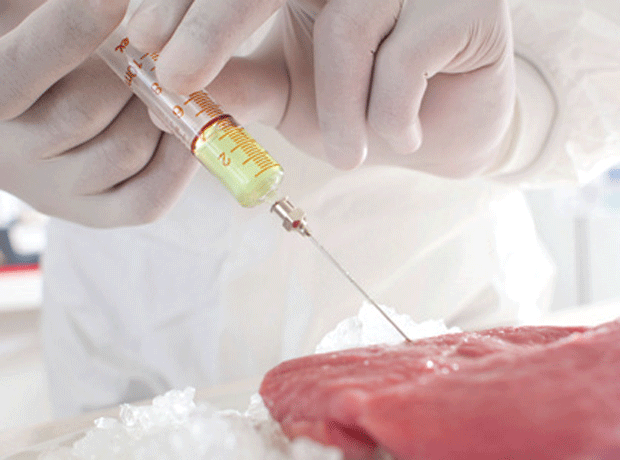
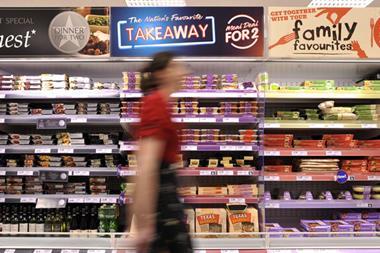
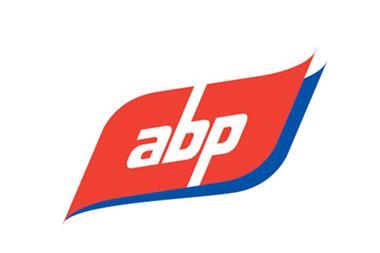






No comments yet